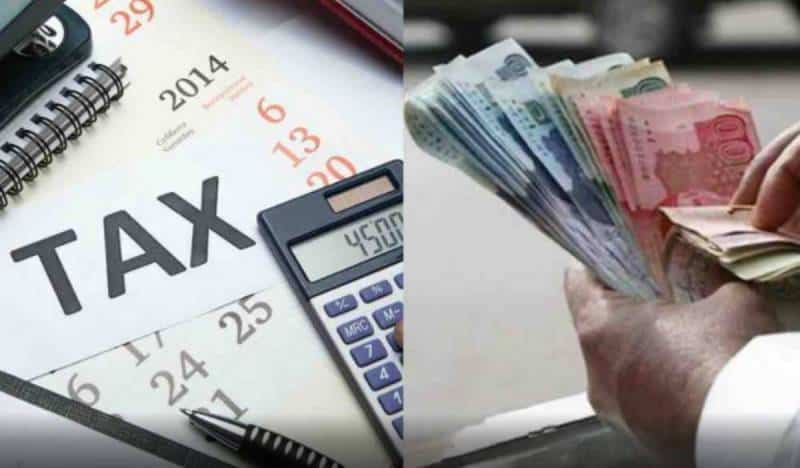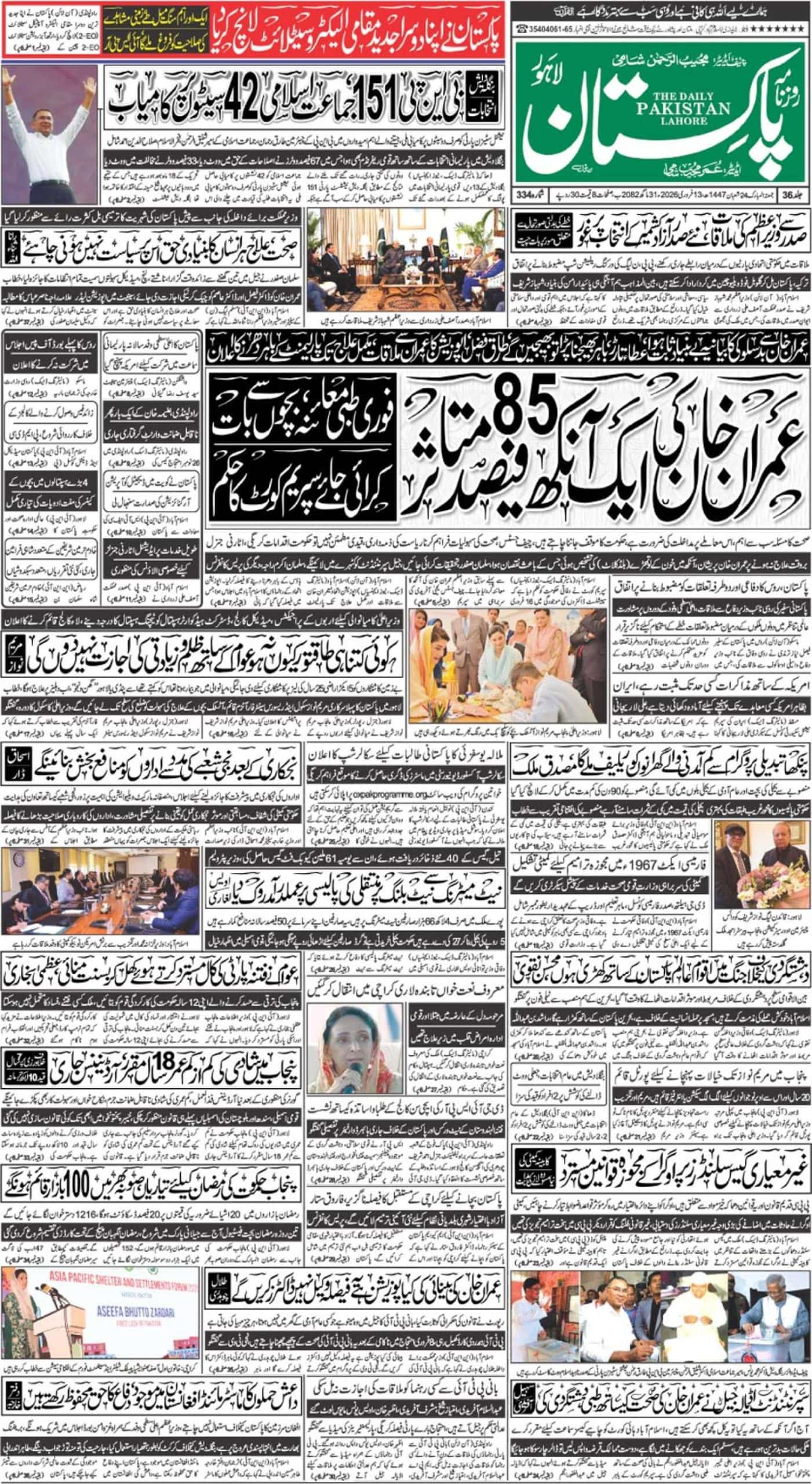ISLAMABAD – Speakers at the policy dialogue on tobacco taxation, organized by the Society for the Protection of the Rights of the Child (SPARC), emphasized the need to increase tobacco taxation for the fiscal year 2024-25.
They highlighted the significant contribution of the tobacco industry to Pakistan’s economy and the health cost burden due to tobacco use. Former caretaker information minister Murtaza Solangi pointed out that low cigarette prices lead children and youth to initiate smoking.
He emphasized that smoking-related illnesses and deaths impose substantial economic costs on Pakistan’s GDP annually, including healthcare expenses, productivity losses, and other indirect economic impacts.
Solangi also stressed the need for comprehensive strategies to address the tobacco epidemic, including public health interventions, strong tobacco control policies, and awareness campaigns. Malik Imran Ahmed, the country head of the Campaign for Tobacco-Free Kids (CTFK), shared that recent Federal Excise Duty (FED) reforms on tobacco have resulted in promising revenue generation. The collections from July 2023 to January 2024 have already exceeded PKR 122 billion, and the projections for the full year are expected to surpass PKR 200 billion, marking a significant increase compared to previous fiscal years.
These reforms are anticipated to generate an additional PKR 60 billion in General Sales Tax (GST) on cigarettes for the fiscal year 2023-24. The combined impact of FED and GST is estimated to be around PKR 88 billion, indicating a notable relative growth of nearly 49% compared to the previous year. Imran highlighted the financial benefits of these reforms, emphasizing their role in reducing tobacco consumption and potentially recovering 17.8% of the total healthcare costs associated with smoking in Pakistan. However, he stressed the urgency of further action to maintain health cost recovery.
To achieve similar levels of health cost recovery as observed in 2023-24, a 37% increase in the FED rate for the upcoming year is recommended. This tax proposal is seen as a ‘win-win’ scenario, benefitting the government and the people of Pakistan by enhancing revenue and safeguarding public health. Prof. Dr. Matiur Rehman from the Health Services Academy highlighted that tobacco-related illnesses, such as cancer, diabetes, and heart diseases, contribute to over 160,000 deaths annually in Pakistan, impacting individuals, families, communities, and the healthcare system.
Dr. Khalil Ahmad Dogar, the Program Manager of SPARC, expressed concerns about the targeting of Pakistani children by the tobacco industry to recruit “replacement smokers.” He emphasized the urgency for all stakeholders to unite and protect children and youth from an industry causing significant losses to the national exchequer. Dr. Dogar stressed the importance of regularly implementing increases in tobacco taxes to address this issue.














